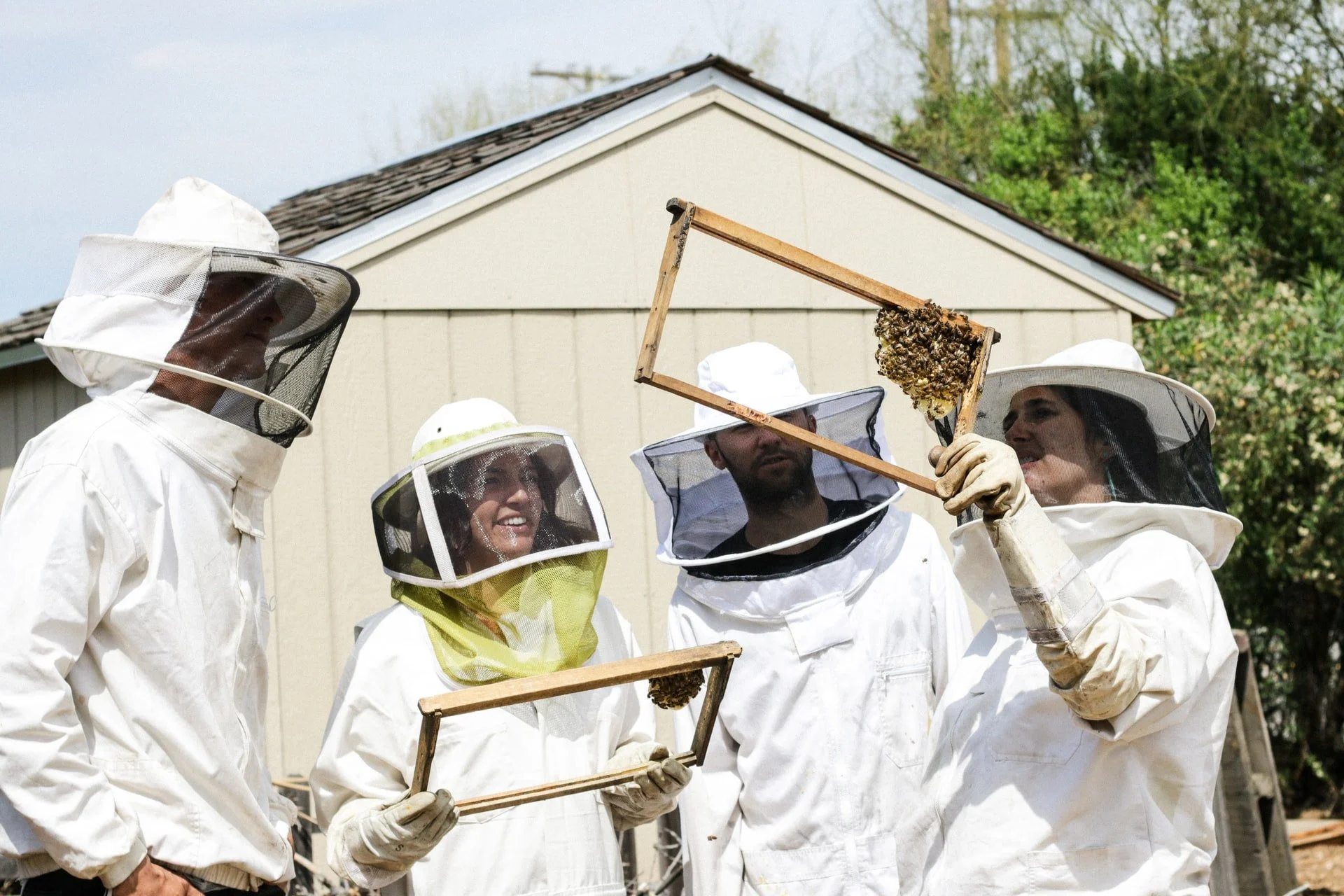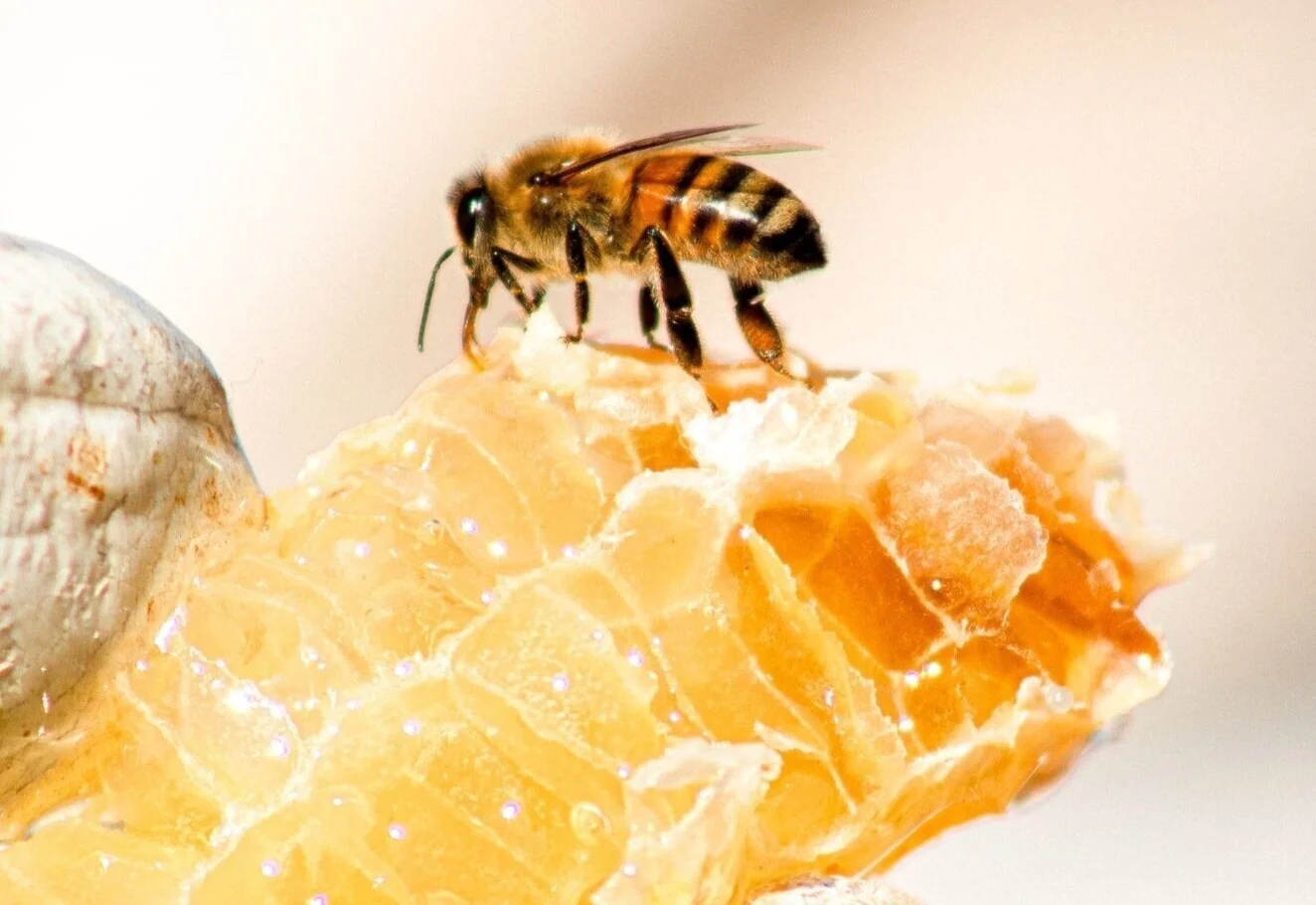
Pollinator Education & Preservation
Our partnerships with schools, the community and research institutions provide unparalleled fact based education, bridging the gap between pollinators and people. Through immersive talks, hive exploration and community engagement, we seek to restore a balanced population of pollinators by providing safe ecosystems and informed populations.
Program Highlights
High School Beekeeping Program
Explore our immersive 6 Unit high school Beekeeping Program, geared towards engaging your students in the classroom and in the hive!
Beehive Monitor
We have developed a beehive monitor which sits in the hive to record the temperature and humidity. This data is streamed live to our site for analysis!
What gets us buzzing!
Education
Our BeeSmart Education program brings immersive educational opportunities into the classroom and community. We tailor each talk to be an interactive discussion about the health, environment, and future of pollinators in the Pacific Northwest and across the globe.
Preservation
Our BeeApart Preservation program is centered around providing community engagement by placing beehives across the Pacific Northwest and providing a mentorship program allowing beekeepers to gain further insight into the honey bee.
Pollinators Today…
Pollinators are in decline, and how could they not be! Since the end of World War II modern agriculture has used pesticides to grow our food which directly impact all insects.
Although pesticides are designed to kill ‘bad insects’ they are often sprayed at the wrong times and in the wrong amounts, directly impacting…and let’s be frank here…killing pollinators.
But pesticides are not the only reason for pollinator decline; habitat loss, changing climate conditions and lack of forage diversity also play a major role.
Let’s be sure about this, we are loosing our diverse insect population at an alarming rate to say the least and we may only be left with a handful of pollinators for future generations to marvel at unless we start to change our ways.
Simple changes such as using less of everything, starting to grow your own food and planting pollinator friendly plants can help immeasurably!
Average # of Residual Pesticides
Source: 2017 US Department of Agriculture, EWG.ORG
Take a look inside our hive with live streaming temperature and humidity recordings!




